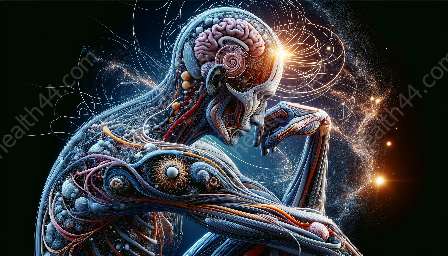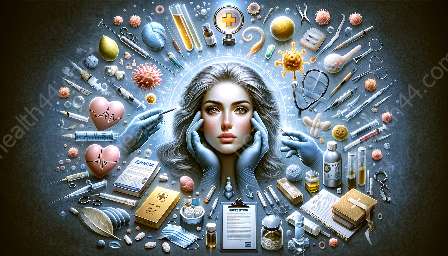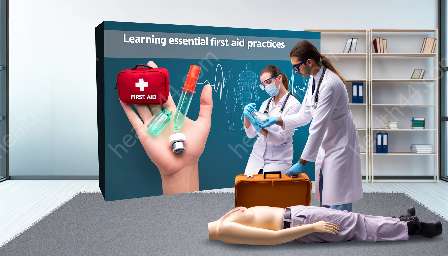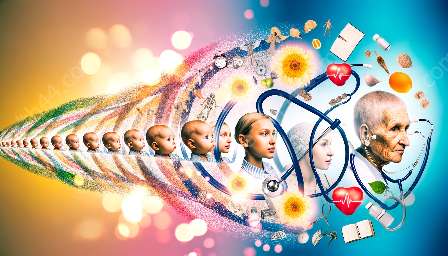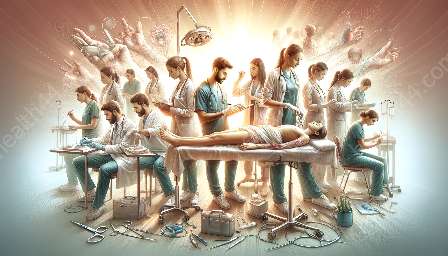Understanding the field of physical therapy and its significance in health and medical training is crucial for both professionals and individuals seeking to improve their well-being. From the basics of physical therapy to its role in health education, this comprehensive guide offers insights and practical information on how this specialized form of rehabilitation and treatment can positively impact individuals' lives.
The Basics of Physical Therapy
Physical therapy, often referred to as physiotherapy, is a healthcare specialty that focuses on assessing, diagnosing, and treating conditions that affect an individual's mobility, physical function, and overall well-being. It encompasses a wide range of interventions, including therapeutic exercises, manual therapy, and modalities such as ultrasound and electrical stimulation.
Health education and medical training play instrumental roles in ensuring that physical therapists are well-equipped to address the diverse needs of their patients. Through rigorous training and ongoing professional development, physical therapists gain the knowledge and skills necessary to provide effective, evidence-based care.
The Role of Physical Therapy in Health
Physical therapy is integral to promoting and maintaining health and wellness. Whether it's helping someone recover from a sports injury, managing chronic pain, or providing post-surgical rehabilitation, physical therapists play a vital role in enhancing individuals' quality of life. Additionally, physical therapy contributes to preventing injuries and reducing the risk of long-term disabilities.
Empowering individuals through health education enables them to make informed decisions about their well-being and empowers them to actively participate in their rehabilitation process. As a result, patients can achieve better outcomes and optimize their overall health.
Benefits of Physical Therapy
There are numerous benefits associated with physical therapy. Some of the key advantages include:
- Improvement in mobility and flexibility
- Relief from pain and discomfort
- Strengthening of muscles and motor control
- Restoration of function following an injury or surgery
- Prevention of future injuries and disabilities
- Enhanced overall physical and mental well-being
By incorporating physical therapy into their healthcare routines, individuals can experience significant improvements in their quality of life and overall health.
Connecting Health Education and Physical Therapy
Health education acts as a bridge that connects individuals with the knowledge and resources necessary to engage in healthy behaviors and make informed healthcare decisions. In the context of physical therapy, health education plays a pivotal role in setting expectations, promoting adherence to treatment plans, and fostering positive lifestyle changes.
Training in Physical Therapy
The training and education of physical therapists are designed to equip them with the competencies required to evaluate, diagnose, and treat a wide array of musculoskeletal and movement-related conditions. This training involves a combination of classroom instruction, hands-on clinical experience, and continuous professional development.
Conclusion
Physical therapy serves as a cornerstone in the field of health and wellness. By recognizing its significance and understanding its integration with health education and medical training, individuals and healthcare professionals can harness the power of physical therapy to improve the lives of those in need. Whether it's aiding in recovery, enhancing mobility, or preventing injuries, physical therapy has a profound impact on enhancing overall health and well-being.

